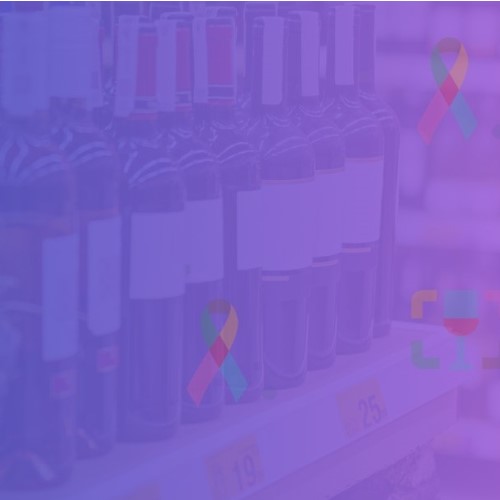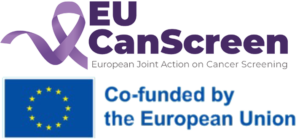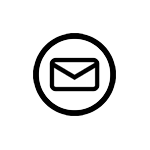Webinar, September 2025
Webinar on alcohol availability policies
regulating access to reduce consumption

Alcohol availability policies
WHO Europe, in partnership with IARC, organised a webinar exploring how limiting the availability of alcohol can reduce consumption and cancer risk. Speakers presented evidence showing that policies such as restricted sales hours, minimum pricing, and reduced retail outlets are among the most effective tools to lower harmful use. The session highlighted several national case studies, illustrating both successes and challenges in implementing such measures. Participants debated cultural and political barriers that often delay policy adoption, including opposition from the alcohol industry. The webinar was part of a series aimed at raising awareness that alcohol is a major carcinogen linked to multiple cancer types. WHO Europe urged countries to prioritise alcohol policy reforms as an essential step in cancer prevention.

#EuCanScreen #CancerScreening #HealthCare #CancerPrevention #AlcoholPolicy #CancerRiskFactors
🔗 Please don’t forget to Subscribe to EuCanScreen Newsletter! 💪
Subscribe to our newsletter to get news and updates.
Subscribe to our newsletter to get news and updates.

The general objective of EUCanScreen is to assure sustainable implementation of high-quality screening for breast, cervical and colorectal cancers, as well as implementation of the recently recommended screening programs – for lung, prostate and gastric cancers. EUCanScreen will facilitate the reduction of cancer burden and achieving equity across the EU.
This project has received funding from the European Union’s EU4HEALTH Programme under the Grant Agreement no 101162959











